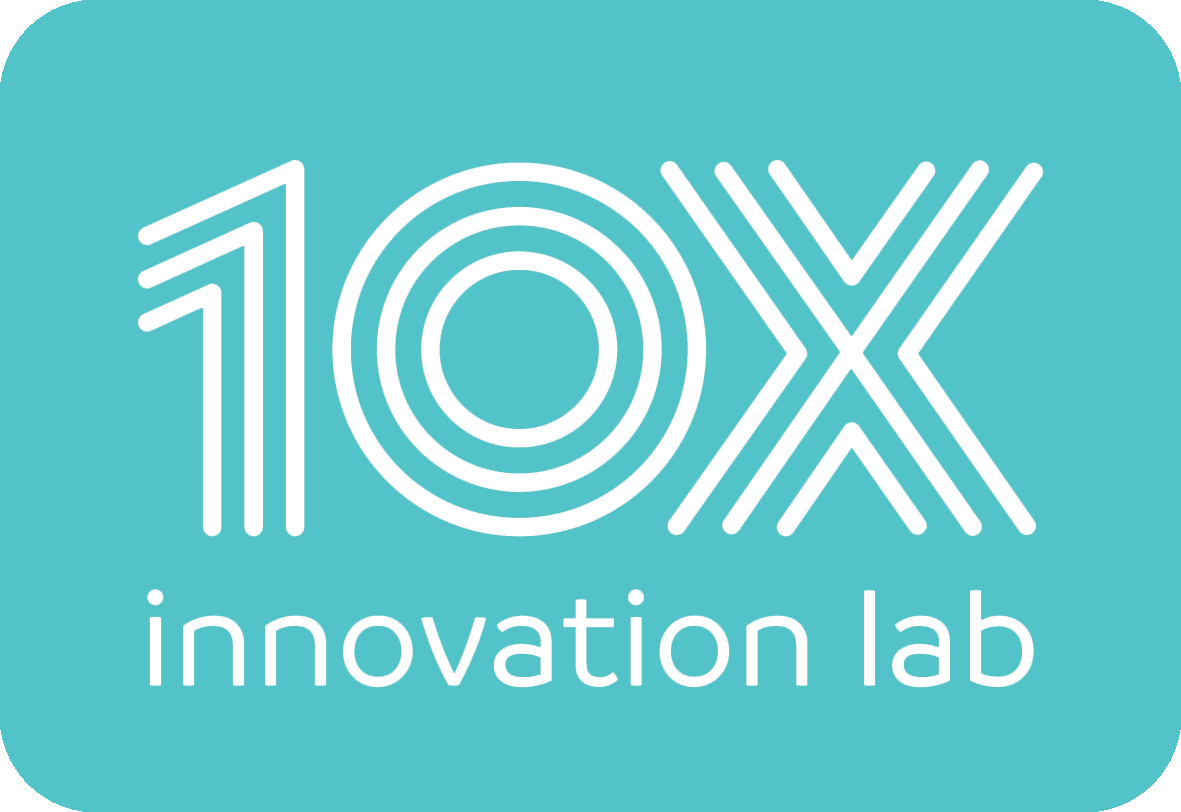Interpreneur Spotlight: Marta Allina — Korean Startup Community Catalyst
The Interpreneur Spotlight is a 10X Innovation Lab series that dives into remarkable individuals who embodies the qualities of an “interpreneur,” someone who manifests the global mindset and cultural EQ to be a successful international businessperson. In this series, everything that budding international career leaders need to know about running a global organization and expanding a business will get insights from leading interpreneurs all over the world.
Seoul Startups is Korea's biggest international startup community with over 2,200+ members. This English-speaking group provides expats and Seoul locals, as well as designers, developers, marketers, and Korean entrepreneurs a platform to discuss ideas, work, culture, and language integration to the market and life in Korea.
Its pioneer and community leader is Marta Allina, who organizes Seoul Startup’s events and activities. She also supports other social impact projects such as weave. Before her current post, Marta, originally from Poland, worked for Samsung Electronics. We caught up with her to find out about her career journey and how to successfully lead an engaged community that is supporting Korea’s thriving entrepreneurial ecosystem.
Q: Describe a formative experience in your life that shaped your mindset and career in international business.
A: I’ve always wanted to experience living abroad somewhere beyond Poland, my homeland. Since our family had already lived in Korea in the 90s, it seemed a safe choice that would not worry my mum too much. For 13 years now since I moved to Seoul, I’ve been focused on Korean ventures. It took building the Seoul Startups community for me to understand the importance of building cross-border networks and communities.
Q: What's a culture shock or lost in translation moment that has happened in your career?
A: Many years ago, I was a starry-eyed intern in one of the major conglomerates in Korea. On the very first day, the VP of my new team decided to take us out for a 'special summer lunch'. In Korea, the hottest days of summer (July/August) are called 'dog days’. Traditionally, during this time you're supposed to have dog soup. Although my stomach was turning upside down and I thought I was going to pass out, I ate most of the bowl, especially because I knew the VP was testing me whether I was ‘man enough’ for it.
Q: What is the thing that most differentiates companies that are successful at scaling globally (“The Global Class”) from those that fail?
A: Global Class companies think of growing their business beyond geographic boundaries. An example I've been following is NomadHer. The founder, originally from Korea, has a team scattered across the continent and is currently growing its platform in France. They’re building a community of women from different cultures connected by the love of solo travel.
Q: What is the most important skill needed to be a successful international business leader?
The skill to listen and understand beyond differences and know the importance of community network. That will take you miles as an international business leader.
Be ambitious and aim for the stars but also remember to take care of yourself. - Marta Allina, Seoul Startups
Q: What one piece of career advice would you give to your younger self?
Be ambitious and aim for the stars but also remember to take care of yourself. Before when I worked in Korea's biggest corporation, I had mistakenly thought that the success of the company was always more important than mine.
Q; What is one prediction you have of how global business will change in a post-pandemic world?
Remote business operation practices are here to stay especially if you want to be at the forefront of innovation and international trade. For example, Korean companies are struggling with adopting digital tools that would help them with remote and flexible work arrangements. The reason for this is that SMEs need not only access to these tools but also need support in the adoption process.
Digital transformation adoption needs to be done quickly but also through a structured, step-by-step flow that will allow all the stakeholders to get on board. COVID-19 has certainly accelerated the rate at which Korean companies have been introducing such digital tools in their business management but the challenges are still there.
Q: Any favorite quote and why?
I'm passionate about ecosystem and community-building. I believe that anyone who has the same passion should read the book, “The Startup Community Way" by Brad Feld and Ian Hathaway. Here’s my favorite quote:
“Hierarchies are best suited for situations that require tight control of production, information, or resources, such as manufacturers or large bureaucracies that exist in universities, governments, and militaries. Hierarchies are robust and inflexible, requiring formal rules, standard operating procedures, and a chain of command. In contrast, networks are resilient and adaptable, requiring flexibility and horizontal flows of information. Healthy startup communities rely upon unencumbered information flows organized in network-based structures. Conversely, they suffocate under hierarchical control.”
It is worth noting that 10X is writing a book on international expansion. They have crafted coveted strategies and frameworks based on interviews with executives from big tech companies like Google, Salesforce, Amazon, Slack, Microsoft, and more. The book is slated to be published in 2022, so watch out for it.

